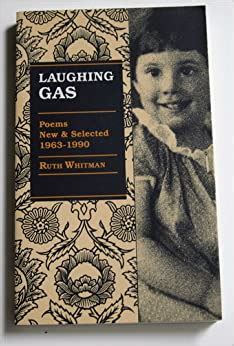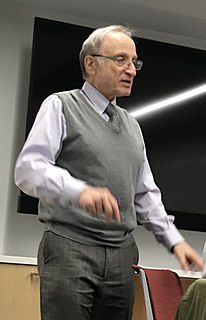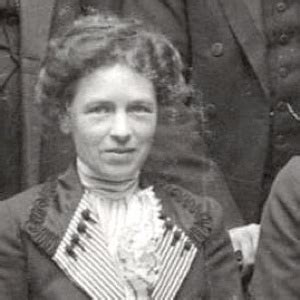A Quote by Carl Jung
The secret of artistic creation and the effectiveness of art is to be found in a return to the state of 'participation mystique' - to that level of experience at which it is man who lives, and not the individual.
Related Quotes
The essential in artistic creativity is victory over the burden of necessity. In art, man lives outside himself, outside his burdens, the burdens of life. Every creative artistic act is a partial transfiguration of life. In the artistic concept man breaks out through the heaviness of the world. In the creative-artistic attitude towards this world we catch a glimpse of another world.
As soon as the dialogue between two people touches on something fundamental, essential, numinous, and a certain rapport is felt, it gives rise to a phenomenon which Lévy-Bruhl fittingly called participation mystique. It is an unconscious identity in which two individual psychic spheres interpenetrate to such a degree that it is impossible to say what belongs to whom.
To a great extent the achievements of invention, of mechanical and of artistic creation, must of necessity, and rightly, be individual rather than governmental. It is the self-reliant pioneer in every enterprise who beats the path along which American civilization has marched. Such individual effort is the glory of America.
In every art beginners must start with models of those who have practiced the same art before them. And it is not only a matter of looking at the drawings, paintings, musical compositions, and poems that have been and are being created; it is a matter of being drawn into the individual work of art, of realizing that it has been made by a real human being, and trying to discover the secret of its creation.
Unless created as freestanding works, quotations resemble "found" art. They are analogous, say, to a piece of driftwood identified as formally interesting enough to be displayed in an art museum or to a weapon moved from an anthropological to an artistic display.... The presenter of found art, whether material or verbal, has become a sort of artist. He has not made the object, but he has made it as art.
Nor was civil society founded merely to preserve the lives of its members; but that they might live well: for otherwise a state might be composed of slaves, or the animal creation... nor is it an alliance mutually to defend each other from injuries, or for a commercial intercourse. But whosoever endeavors to establish wholesome laws in a state, attends to the virtues and vices of each individual who composes it; from whence it is evident, that the first care of him who would found a city, truly deserving that name, and not nominally so, must be to have his citizens virtuous.
Two opposing forces inhabit the poem: one of elevation or up-rooting, which pulls the word from the language: the other of gravity, which makes it return. The poem is an original and unique creation, but it is also reading and recitation: participation. The poet creates it; the people, by recitation, re-create it. Poet and reader are two moments of a single reality.
The basis of artistic creation is not what is, but what might be; not the real, but the possible. Artists create according to the same principles as nature, but they apply them to individual entities, while nature, to use a Goethean expression, thinks nothing of individual things. She is always building and destroying, because she wants to achieve perfection, not in the individual thing, but in the whole.



































